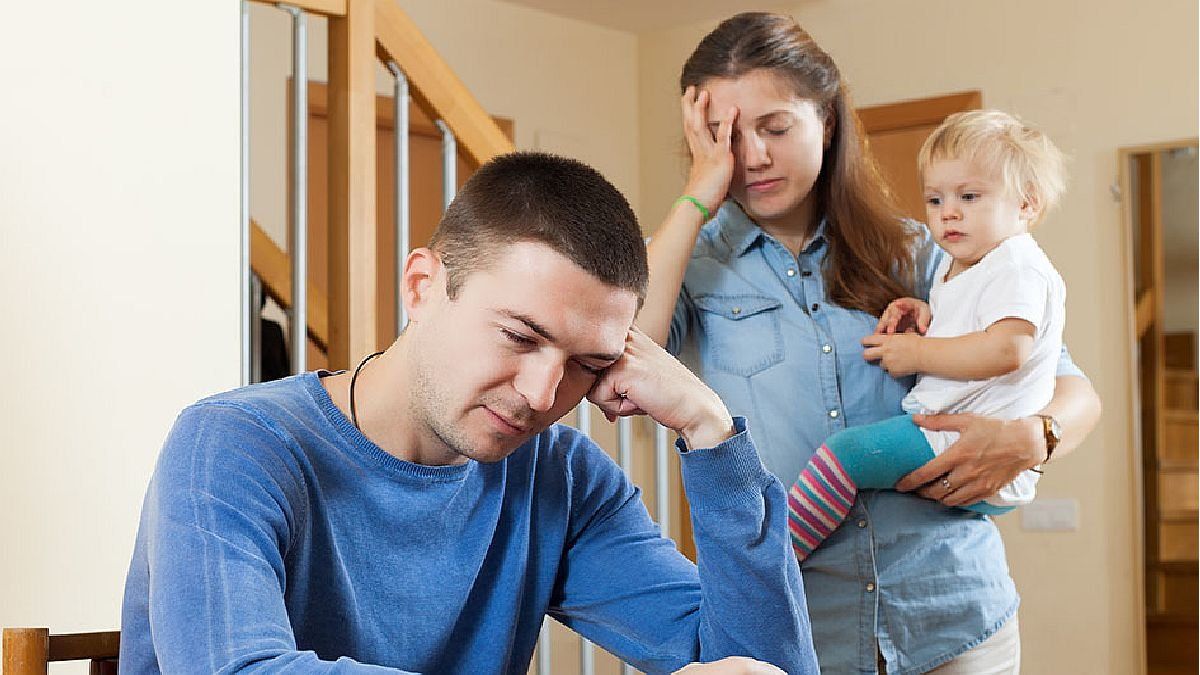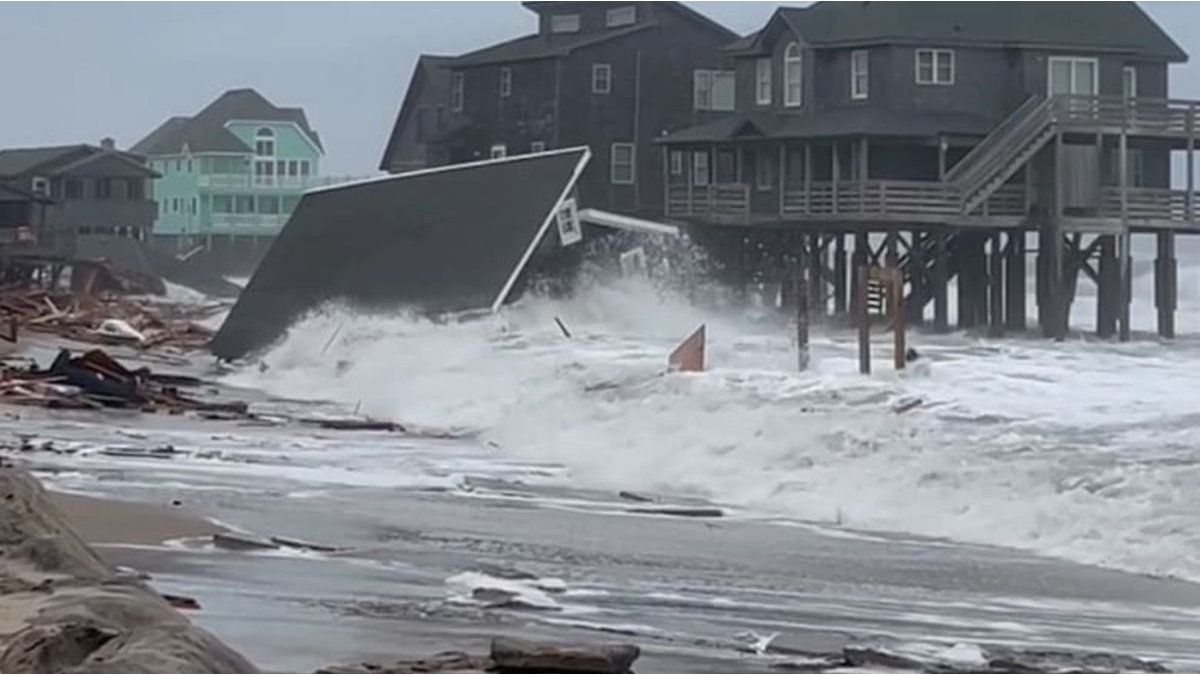The sacrifices that raising a child imposes are compensated by the satisfactions that are obtained when the child shows signs of growing properly and of “returning” the love and attention that is lavished on him in various ways. Indications, in turn, that she is being “good father” or “good mother”. Its virtues or defects will be the thermometer of the state of the parent-child relationship in permanent accommodation. It is an interplay of looks in which -when everything is going well- parents look at their children with pride and they return, in turn, with their eyes, how wonderful they are, as a reassurance for the child. narcissism of both. Freud, in 1914, spoke ofe “His Majesty the baby” to characterize the parental attitude of overestimation towards the children, to whom all kinds of perfections are attributed.
More than 100 years later we find that the relationship between parents and children has been changing, because the social context in which it develops has also changed. Let’s see why: We can think of the family as a system in constant reconfiguration in which there are times when relationships are tense due to changes that are typical of growth and crises in the family life cycle. Birth, breastfeeding, the stage of starting school, adolescence, the departure of children from the home, etc. are typical examples: In those moments, the family dynamics are altered, and its protagonists can experience significant loads of stress.
The family is no longer the only engine in the assembly of the child’s personality. The increasingly early socialization of boys and the use of screens show that the family influence coexists with that of institutions such as the school or the club, technology -in rapid evolution- and the peer group. The family is more permeable to the environment and today there are multiple links in the life of a child or adolescent that can give it its specificity and novelty, in both positive and negative ways.
The “fear of the adult” and its punishments -very frequent in the past- has diminished. Today they are heavily sanctioned and contraindicated. Sometimes the situation is reversed: the big one is afraid of the boy. Parents and teachers feel overwhelmed by children who at a very early age exhibit behaviors that seem “uncontrollable”. Parents tend to feel insecure about parenting. We receive inquiries from children who insult or hit parents and parents who are frightened by their children’s anger and feel that they are obliged to accede to their claims. Given this, parents often suffer feelings of shame or guilt. They wonder: What did we do wrong? Where did we go wrong?
Economic stress: how the crisis triggers anxiety disorders
The gaps have become so wide that children – digital natives – are often the ones who handle technology better than their parents and teach them, instead of the other way around. The social agenda starts very early, in the nursery or in the two-year-old room. Childhood or adolescence seems to have become a period of demonstration of skills and knowledge, demanding immediate achievements. The children have double schooling and extracurricular activities that leave them few free spaces and they often complain of being “stressed”. The idea prevails that children -just like adults- should do productive things. Time for leisure and play is not considered valuable.
We verify that the adolescent world with its fashions and linguistic twists has become a very important reference for adults, who are easily impregnated with their ways of seeing life, dressing, managing relationships, instead of being at reverse, as it was before. Each era has its own. These are not better or worse times…they are different. Today it is about being able to look at the world from the eyes of children or adolescents without dissolving generational differences. And to build a mutual relationship of respect, never through revenge or violence.
Psychoanalyst. Member of the Argentine Psychoanalytic Association. Specialist in couples and families. Specialist in children and adolescents. She is the author of the book “La familia y la ley. Conflicts-Transformations”.
Source: Ambito




